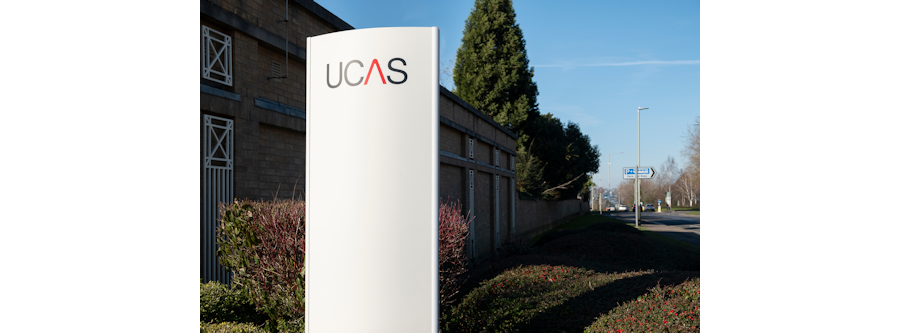After the release of A-level results, students will express to the Universities and Colleges Admissions Service their preference ranking of the courses they applied to. Likewise, universities will inform UCAS how many places are available in each course and how they rank applicants from best-qualified to least. UCAS will then identify the best fair match for each applicant, while ensuring universities meet target student numbers.
“Delaying decision making until after A-level results will help universities assess applicants much more accurately,” says Dr Aytek Erdil. “However, for students to be able to exercise choice, and for universities to meet target student numbers, we need a fast and effective way to coordinate all the information about student preferences and qualifications.”
In joint work with University of Bristol economist Battal Doğan, he explains how a Nobel prize-celebrated centralised matchmaking algorithm (Gale-Shapley) can instantly identify for every applicant their most preferred course for which they can qualify.
He says “The algorithm acts on behalf of the applicants exactly in line with how they ranked their choices. It acts on behalf of the universities with how they ranked competing applicants. It is thanks to having all that information that the algorithm can find for every applicant the best possible fair match, where fairness here means no student misses out on a preferred course at the expense of a less-qualified applicant.”

This sort of matchmaking has been hugely successful in solving similar large-scale problems such as assigning students to high schools in New York City, junior doctors to hospitals in the US, or teachers to schools in France.
Their proposal removes ways in which the current system can be circumvented. “In particular it removes incentives for universities to make unconditional offers or recruit outside the UCAS framework,” says Dr Erdil.
“Thanks to a simplified and streamlined design, students will not need to be strategic in how they rank choices. They can pursue ambitious applications and express preferences honestly and straightforwardly without risk. Maximising student choice and committing to fair matching will help promote aspirations and widen access,” he says.
'A Modern Design for University Admissions in the UK' is a direct response to the Government’s consultation on the future of the university admissions process.






